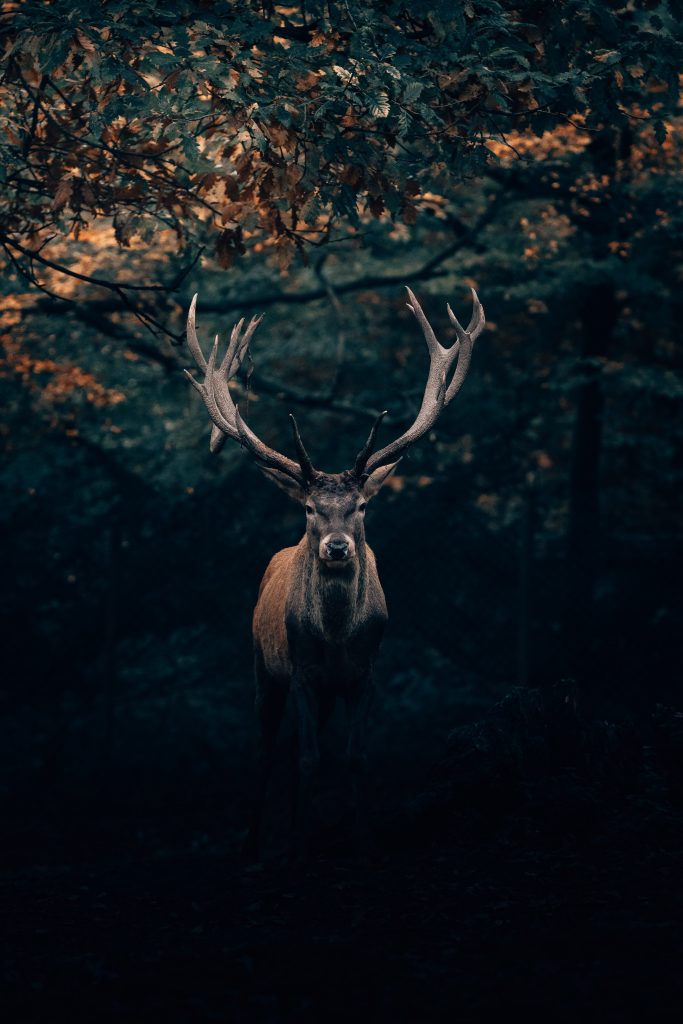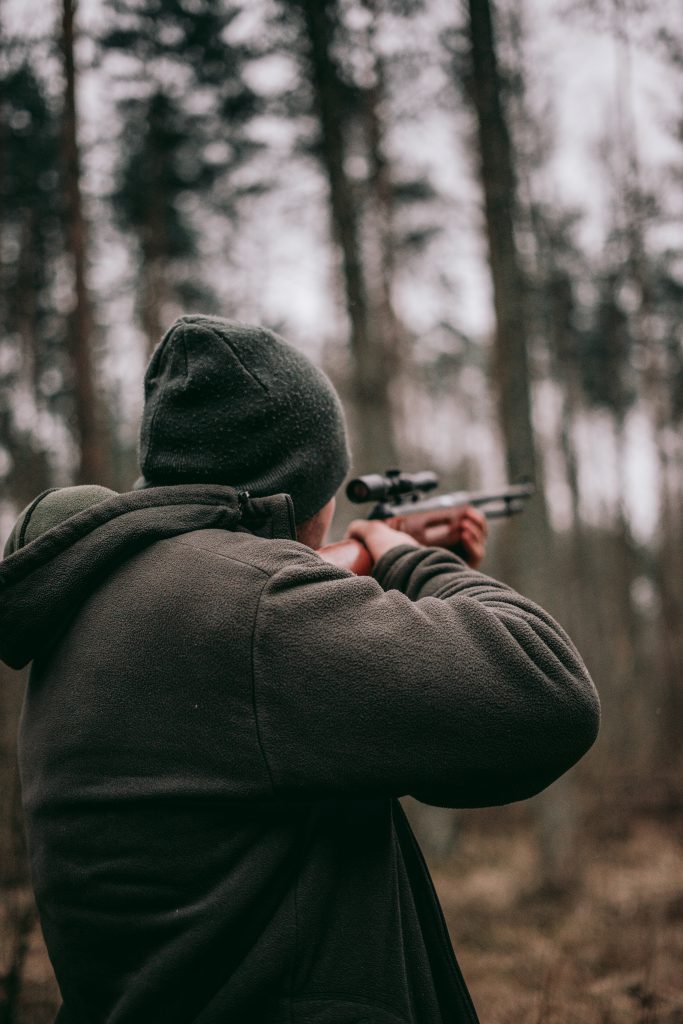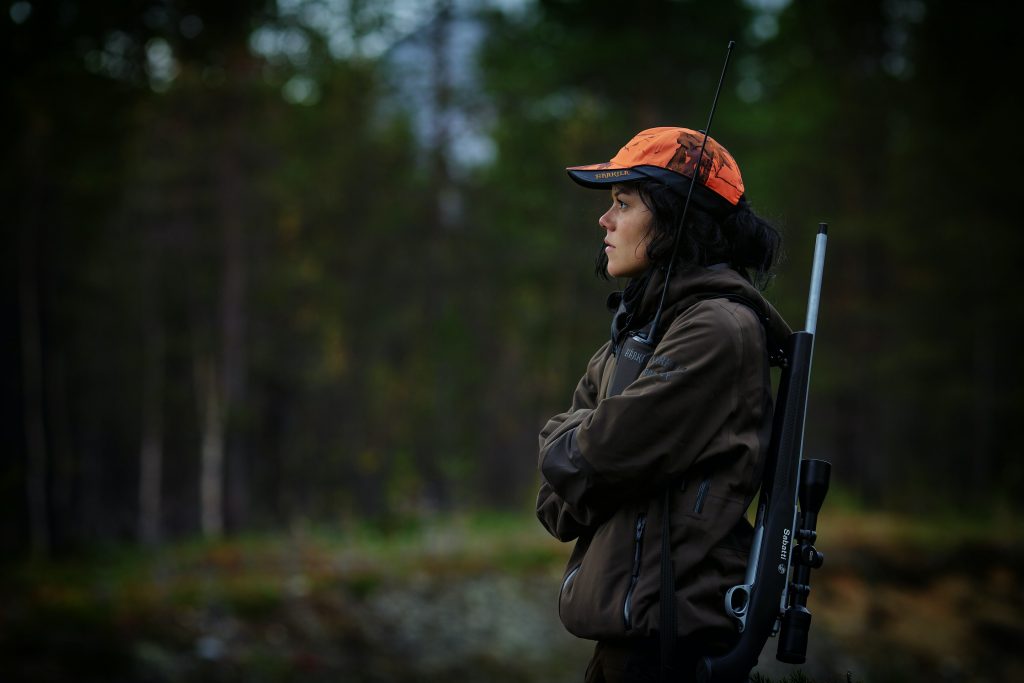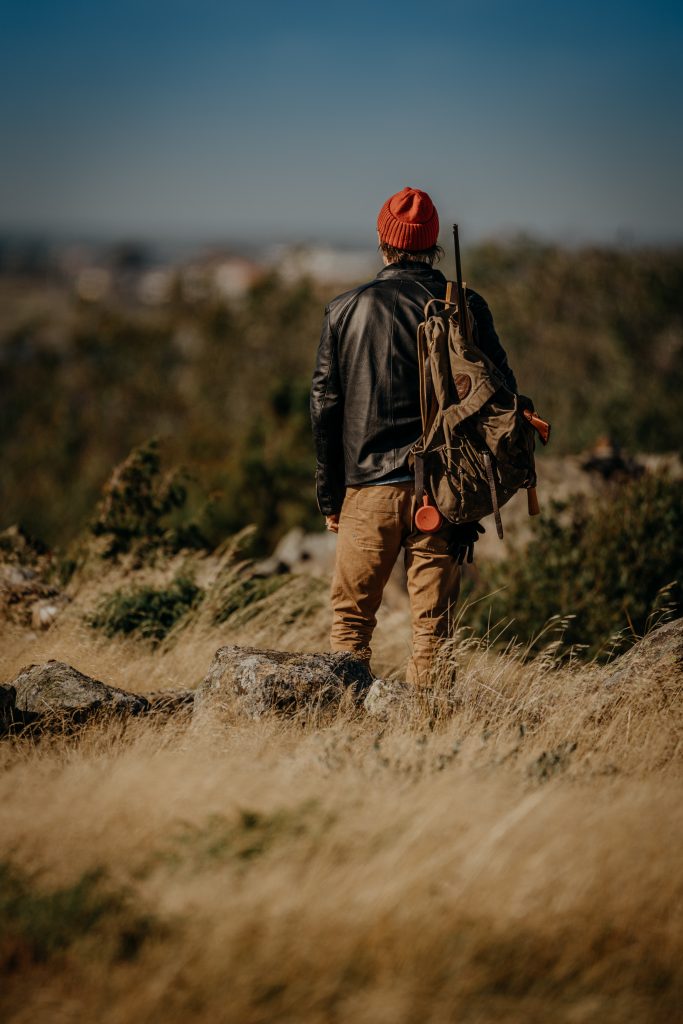There’s something about hunting trips that’s so addictive. Spending a couple of days in nature is always something to look forward to, of course; but it’s really the thrill and the promise of success that keeps people coming back for more.
As exciting as the idea of going on a hunting trip is, though, the reality of making it happen – not so much. A lot of things need to come together to make a hunting trip work.
Venturing into the wilderness carries a high level of risk. Thus, safety must be top priority, but without sacrificing comfort and productivity. After all, nobody wants to spend several days in the wild and have nothing to show for it.

8 Useful Tips for Your Next Hunting Trip
Hunting trips may vary in length and location, but there are certain universal truths to consider when planning a successful hunt.
No matter the game or season; guided hunting trip or not; these tips will help you make the most of your time in the great outdoors.
1. Plan ahead of time.
It’s never too soon to start preparing for an upcoming hunt. You can use the off-season to inspect, clean, and fix your equipment; renew or apply for hunting licenses; or brush up your shooting skills.
It’s also a good idea to create a checklist and start packing your gear weeks before your trip, so you have time to address any issues that come up and make sure nothing important gets left behind.
2. Pick your prey.
You need to decide what animal you want to hunt early on for a number of important reasons. Your choice of prey will determine the location, cost, and length of your trip, and also influence the type of equipment you need.
Once you’ve set your mind on an animal, you can then work on improving your hunting technique to increase your chances of success. This is particularly important if you’re hunting larger prey like deer and bears.
3. Decide on a hunting location.
After you’ve decided on a target, it’s time to pick a location. When choosing a hunting location, you need to take into account your budget, the available accommodation, the terrain, and if you need to hire a hunting outfitter.
Also, do some research on what other hunters have to say about your chosen location. Did they have a pleasant time? Is there anything in particular that you need to prepare/watch out for? Have many of them had success? If many of them went home empty-handed, you might want to check out other locations.

4. Map the terrain.
Now that you’ve picked a location, you’ll want to get a detailed look of the terrain – especially if you’re hunting somewhere new. Behind every successful hunt is a well-thought-out route and hunting strategy.
You don’t have to personally visit the location to map the terrain. You can simply go online and look up other people’s detailed plans, recommendations, first-hand accounts of their experiences in the area. Every bit of information you gather will get you one step closer to success.
5. Prepare required permits and licenses.
Hunting laws vary by location, so make sure to check for required permits and licenses, especially if you’re planning to hunt overseas. Note important details like the duration of the validity of a hunting license and if there are any limits in the number of animals you can take per day.
Hunting violations can get very expensive. That said, don’t hesitate to get in touch with the local wildlife agency if you have any questions regarding the rules and regulations. It’s better to be safe than sorry, right?
6. Test your hunting gear and equipment.
Before embarking on a hunting trip, it’s only natural to check that you have all the necessary equipment and that they are in perfect working condition.
Most importantly, keep in mind that the quality of your equipment has a great influence on the outcome of your trip. As such, it will do you a lot of good to avoid low-cost hunting knives and weapons. Their lack of quality might end up jeopardizing the hunt or – worse – put you (or other people) in dangerous situations.
7. Brush up on safety rules.
Having safety precautions in place is crucial during a hunting trip. Even experienced hunters can lose focus and let their guards down, so see to it that everyone is aware and on the same page when it comes to safety rules and regulations.
Groups with inexperienced hunters will have to double down on their safety guidelines. Make sure everyone knows how to use their weapons properly. If you must, impose consequences for breaking safety rules, so nobody takes them lightly.

8. Check the weather and dress appropriately.
This should have been a no-brainer but, believe it or not, a lot of people fail to check the weather before a hunting trip. While a little rain is no reason to abandon your plans, a little preparation will go a long way – especially when you’re camping out in the middle of the woods.
Also, invest in good hunting boots and wool socks. High-quality wool socks will keep your feet dry and comfortable, allowing you to walk longer distances.
Should you hire a hunting outfitter?
Hunting guides and outfitters are essential to the success of your hunting trip, even more so if it’s your first time to hunt in the area or you’re hunting a game you’re not very familiar with.
Hunting outfitters will make your hunting trip much more convenient and enjoyable. They’ll arrange the details of your trip, locate the best places for hunting, secure the necessary licenses and permits, transport your hunting equipment, and even help you process the animals, in the event of a successful kill.

Moreover, experienced outfitters know the hunting grounds like the back of their hands and have a vast understanding of guns and the ammunition needed for different types of targets. Their expert guidance and advice could mean the difference between a frustrating and rewarding hunting experience.
